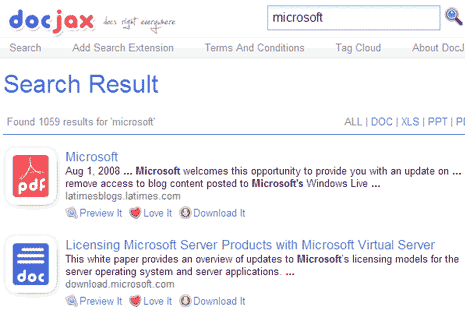
Realizing this increased value calls for changing both mindsets and frameworks guiding data use.Ĭreate more equitable access to the benefits of data. Combining these data with traditional sources such as censuses, national surveys, government administrative data, and data produced by civil society organizations could help fill data gaps, provide timelier and finer-scale assessments of programs and policies, and serve public policy needs. Much of the recent explosion in new data has stemmed from digitization of firm operations. Increasing access to more users through open data, interoperability standards and data sharing initiatives, for example, increases the potential of data for positive development impacts. Using data for one purpose does not diminish their value.

Increase data use and reuse to realize greater value. Moreover, the voice of low-income countries needs to be heard in the global debate on data governance. Renewed efforts are required to improve data governance domestically, as well as through closer international cooperation. Such a contract would enable the use and reuse of data to create economic and social value, while ensuring equitable access to the value realized, as well as fostering participants’ trust that they will not be harmed by data misuse. To address this tension between the helpful and harmful potential of data, this Report calls for a new social contract that enables the use and reuse of data to create economic and social value, ensures equitable access to that value, and fosters trust that data will not be misused in harmful ways.ĭownload Main Messages: English | عربي | Español | Français | Português | Pусский | 中文 Main Messagesįorge a new social contract for data. For data to realize its potential to transform lives, new rules of the road are needed - a social contract for data is needed.

World Development Report 2021: Data for Better Lives explores the tremendous potential of the changing data landscape to improve the lives of poor people, while also acknowledging its potential to open back doors that can harm individuals, businesses, and societies. But many barriers stand in the way, ranging from misaligned incentives and incompatible data systems to a fundamental lack of trust. Data collected for one purpose have the potential to generate economic and social value in applications far beyond those originally anticipated. one of the persons was married).Today’s unprecedented growth of data and their ubiquity in our lives are signs that the data revolution is transforming the world. And yet much of the value of data remains untapped.
#Live pdf search registration


Recent utility account bill (electricity, water or gas) with current residential address (issued within last 3 months).Council rates notice (issued in last 12 months).Australian Department of Veterans Affairs card.Centrelink pensioner concession card or other entitlement card.Proof of age card or photo card issued by an Australian State or Territory.If you cannot meet these requirements, please contact us for further advice.At least one of these must be from Category 2, and two from Category 3. If you cannot provide proof of identity from Category 1, you must still provide at least 3 forms of identification.You must provide 3 forms of identification, one of each from Categories 1, 2 and 3.


 0 kommentar(er)
0 kommentar(er)
